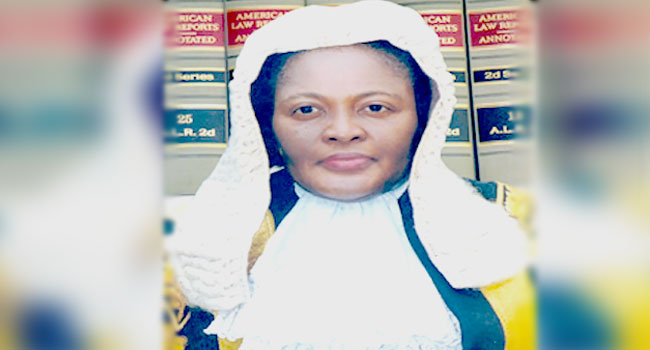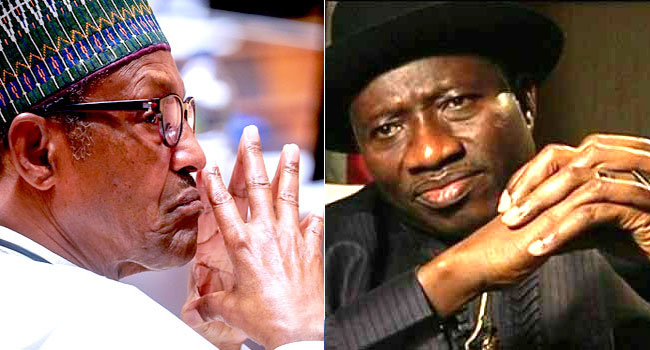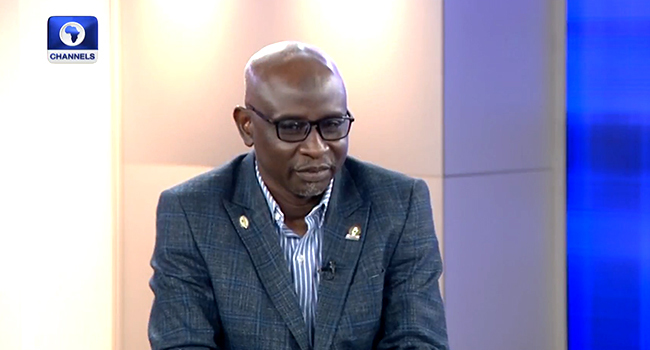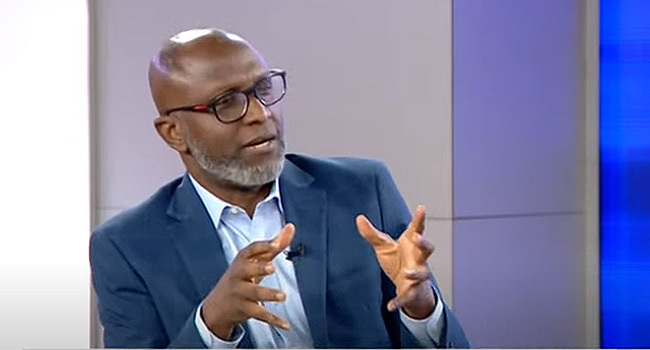
On Friday, October 29, a team of security operatives made up of soldiers and policemen, laid siege to the Abuja home of Mary Odili, a Justice of the Supreme Court.
The invading forces, however, could not gain access into the residence as they met with formidable resistance from the justice’s police guards.
The agents are said to have gone to the home with a search warrant, identifying themselves as members of a joint task force.
According to them, they received information on “illegal activities” going on in the residence. After a standoff that lasted hours, it took the intervention of some senior lawyers and government officials to have the sieged called off.
Following the attack, several claims and counterclaims have been made even as fingers have been pointed towards the office of the Attorney General of the Federation (AGF) and the Nigeria Police Force (NPF).
While the AGF, who doubles as Minister of Justice, Abubakar Malami has denied all allegations suggesting complicity in the matter, the police have apprehended fourteen persons in connection with the siege.
An interrogation of the suspects tends to have blown the case somewhat wider, leaving more questions begging to be answered.
READ ALSO: Police Arrest 14 Linked With Siege On Justice Odili’s House
Following the extra controversy stirred by the suspects paraded, here are 7 questions Nigerians need to be answered:
1. Who really is ‘Fake Police CSP’, Lawrence Ajodo
One thing that has been affirmed is that the suspects who besieged Justice Odili’s house were led by a certain fake Chief Superintendent of Police (CSP), Lawrence Ajodo.
Ajodo, who has confessed to usurping, however, claims that he is a consultant to the AGF.
Though he insists that the order to raid the judge’s home did not come from Malami’s office, the question then becomes who really is Ajodo and what really is his affiliation?
The AGF has vehemently denied having any contractual dealing with Ajodo, so who then is this ‘con man’?
2. If Malami did not send the group, who did?
Some assert that the incident bears a semblance to similar raids by the EFCC, DSS, and other security operatives on the premises of Justices of the High Court and Supreme Court in 2016.
Sadly, despite the security agencies publicly stating that the raids then were on mistaken identity of the premises, no one has been arrested and prosecuted for such a brash attack on the judiciary.
On this premise, there are many who believe that this is an infringement by the executive aimed at intimidating the judiciary.
In reaction, the office of the Attorney General distanced itself from the raid, and the prime suspect Ajodo, and maintained that the minister of justice did not order the group’s horrendous move.
This then begs the question, who sent the fake agency with valid documents to harass Her Lordship and cast aspersion on her person?
3. How did they obtain valid documents?

Those who made an incursion into the judge’s house were drawn from various professional backgrounds.
There was a lawyer, journalist, and security operatives. While the principal suspect has been established as a fake police officer, Nigerians would like to know if the others are also total imposters and usurpers.
The journalist, Stanley Nkwazema, who was apprehended in connection with the raid, has been denied by THISDAY who say he is not a member of their staff.
With such conversations still ongoing, people would like to know more about the individuals that were arrested and what roles they played in the unfolding drama.
If they are mostly imposters, how was it then easy for them to get valid documents from government institutions including the court?
How porous are the agencies and who double-checks standards for such mistakes not to come to light?
4. Will there be consequences for false whistleblowing?
Police statements suggest that the ploy for the entire onslaught began with a tip from a whistleblower named Aliyu Umar, who claimed to have observed suspicious activities at the Supreme Court Justice’s residence.
Now that it turns out this tip-off has led to a very bad direction, Nigerians would like to know what price Umar will pay or if he will be allowed to go freely, not forgetting that the group he connived with has been certified fraudulent and nefarious.
5. If this is just another criminal cartel, how do they make profit?

Storming the home of a Supreme Court Judge is definitely not an everyday job, neither is it the pre-occupation of common criminals; hence, this must have been carried out by a special criminal organization.
If this assault is the operation of yet another gang, how do they make money from going the extra mile to secure court documents for a search of an apartment belonging to one of the most senior members of Nigeria’s judicial arm of government?
Could there be more to the incident than meets the eyes?
6. Who are their customers?
Staying with the thought of this incident being another scheme by a ring of con men, one wonders, if every business has a dealer and its customers, who then are the clients of this group?
7. Will there be independent investigations?
The police have started their investigation into the matter and so far it has yielded some arrests. Seven suspects are still at large, and the Inspector General of Police has assured Nigerians that they will be apprehended to ascertain their roles in the attack.
Though this issue has been debated on the floor of the Senate and the police have been given the go-ahead to probe utterly, some Nigerians believe that since the executive has been accused of complicity in the matter, they should not lead the investigation.
N/B: The police are a part of the executive arm of government.
For proponents of this thought, they are asking if the National Assembly will not set up its own panel to ensure that there is no interference and also to make sure that the outcome is not influenced by the administrative branch.
As earlier stated, this drama seems to still be unfolding. And perhaps till some of the issues raised here are adequately dealt with, then we might not get to the root of this matter, nor get insights to help forestall future occurrences.




